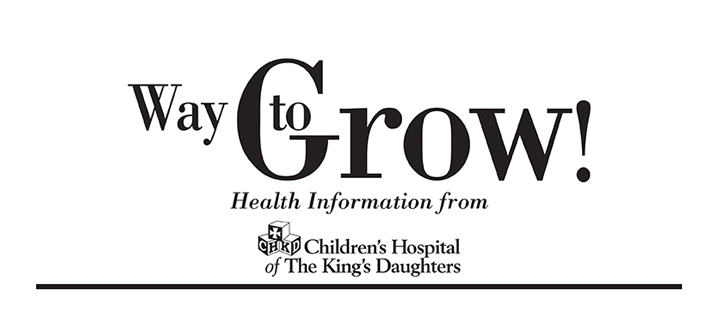
CT Scan
What is a CT scan?
A CT or CAT Scan is a special kind of x-ray that takes pictures of the inside of your child's body. The CT Scan shows detailed pictures of tissues, bones, and body fluids. After the pictures are taken, a doctor called a radiologist will report the results to your child's doctor.
What happens during a CT scan?
The scan is very simple and painless. Jewelry, hairpins, eyeglasses, and hearing aids must be removed before a head scan. Your child will be placed on a padded table. Soft Velcro straps are used to help keep your child still so the pictures are clear. There is an intercom and window in the scan room to allow the technologist to see and hear your child during the test. The scanner then takes the picture of the part of your child to be examined. It will take 5-30 minutes depending on the type of CT scan. The most important thing is that your child must lie very still while the pictures are being taken. Your child may be given some medicine to help him/her relax or sleep in order to lie still. If this is necessary, the Radiology Department nurse will give your child the medicine prior to the CT scan. Your child may be asked to hold his/her breath for a short time. Your child will not feel anything; he/she will hear a humming noise from the machine.
Other Information:
Some studies may need contrast injected into the vein to show certain areas better. If your child will need contrast, he/she must not eat or drink anything for at least 2 hours prior to the study. If a contrast study is ordered, your child will have an IV started. The contrast can be given in the IV. In most cases, after the test is done, the IV will be removed. Be sure to tell your child's doctor if your child has a food or medicine allergy (specifically an iodine or seafood allergy).
Disclaimer: This information is not intended to substitute or replace the professional medical advice you receive from your child's physician. The content provided on this page is for informational purposes only, and was not designed to diagnose or treat a health problem or disease. Please consult your child's physician with any questions or concerns you may have regarding a medical condition.
Reviewed: 09/06